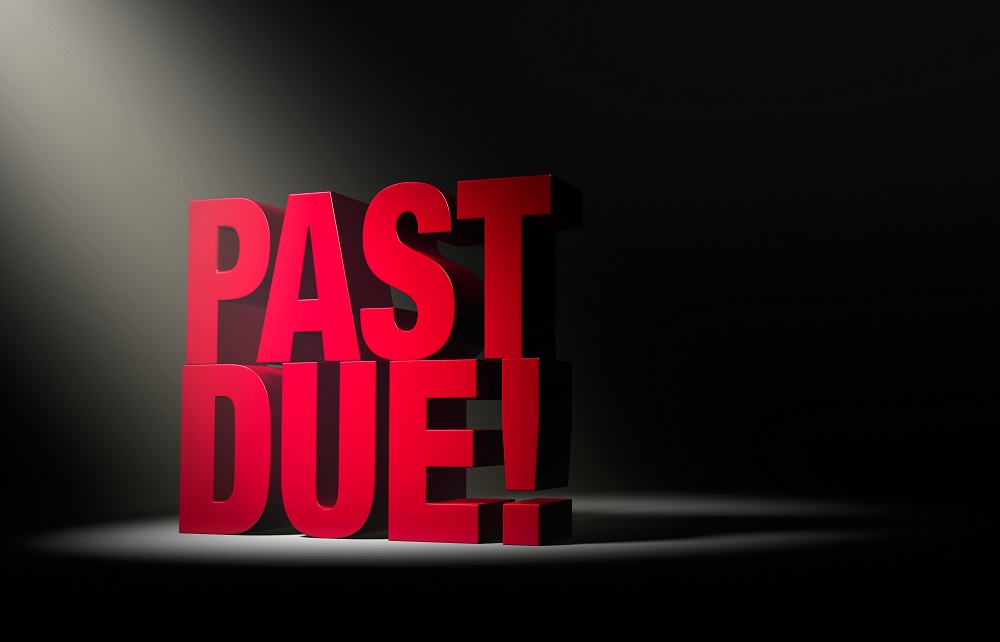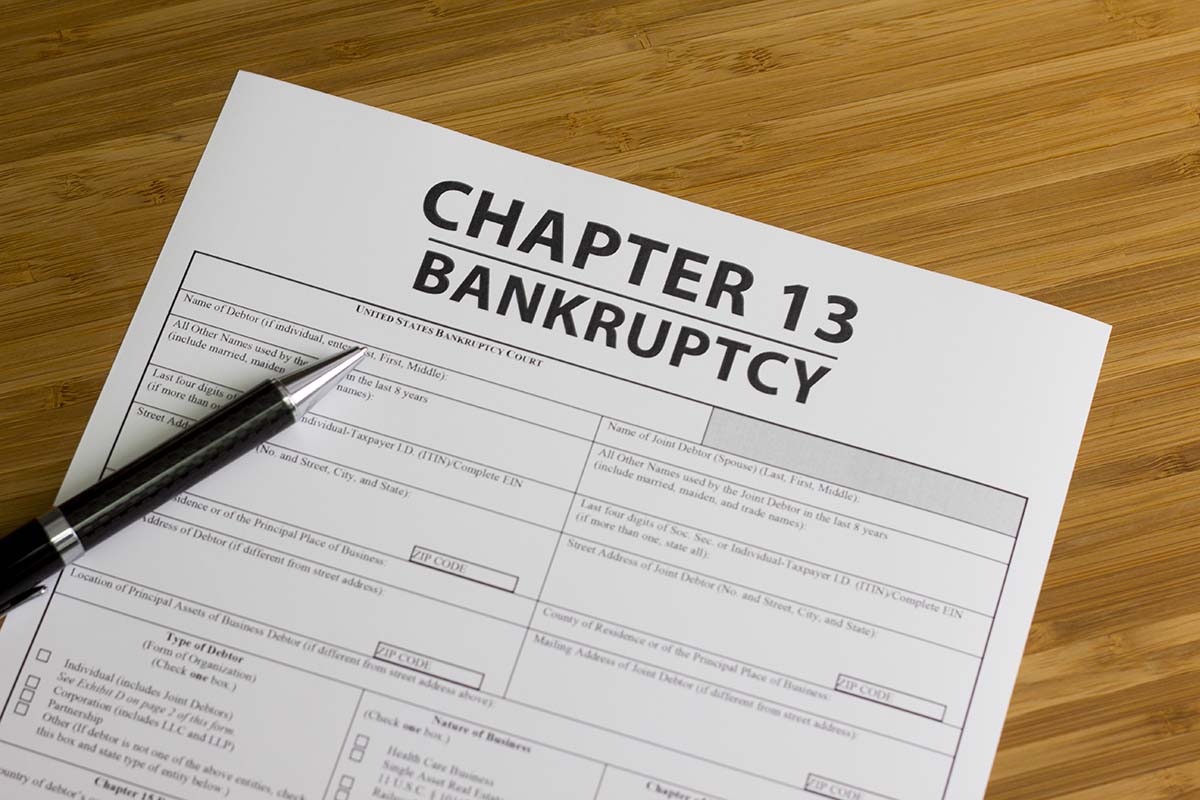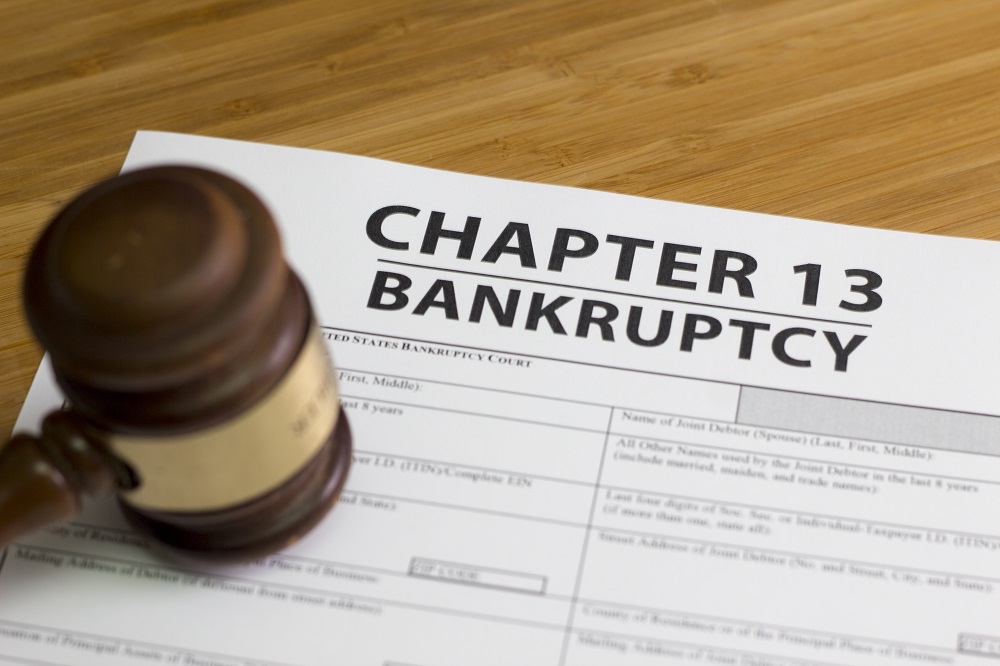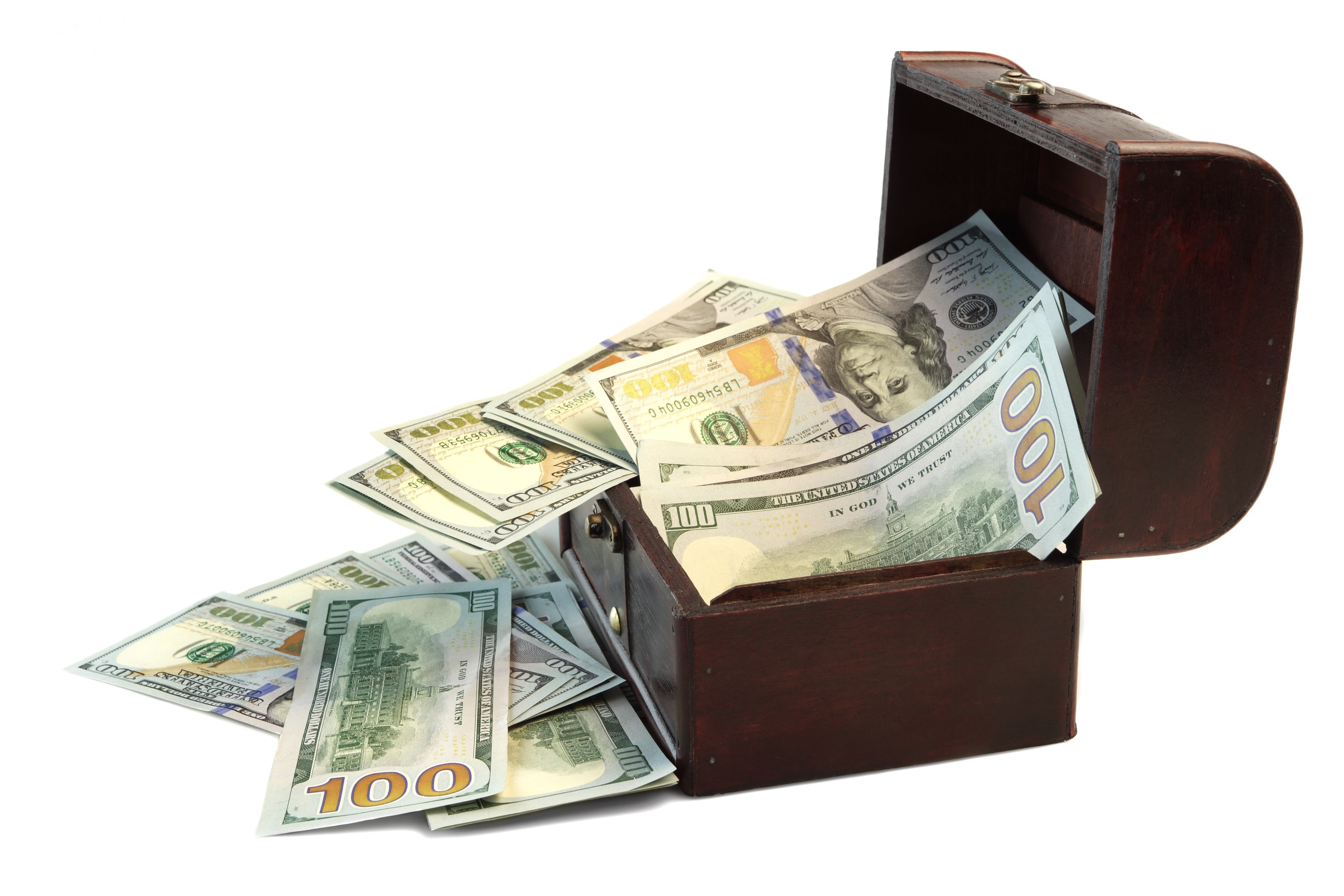What Will Happen if You Miss a Chapter 13 Payment?
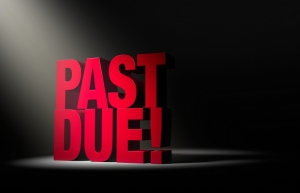 Chapter 13 bankruptcies come with a payment plan aimed at facilitating the process of reducing your outstanding loan balance. The plan is calculated by your bankruptcy trustee and it takes in consideration the amount of disposable income you have left after paying off essentials.
Chapter 13 bankruptcies come with a payment plan aimed at facilitating the process of reducing your outstanding loan balance. The plan is calculated by your bankruptcy trustee and it takes in consideration the amount of disposable income you have left after paying off essentials.
Life changes occur, however, and it’s possible for you to miss a Chapter 13 payment or a few.
Anyone who is facing such hardships may be wondering what will happen if a chapter 13 payment omission occurs.
The Immediate Consequences
There are several immediate ways in which a missed Chapter 13 bankruptcy payment will affect you.
Your trustee and the bankruptcy court will be responsible for approving the feasibility of the Chapter 13 payment plan. Once the plan is approved, you are obliged to make the installments as determined and accepted by the court.
The process of confirming the plan will usually require a few months. You are required to make your payments in that period. If you miss a Chapter 13 payment before the confirmation, your bankruptcy filing may be denied.
Keep in mind that several payment failures under the Chapter 13 plan could lead to a bankruptcy dismissal, even after the court confirmation has occurred.
A failure to pay the Chapter 13 installments will also enable creditors to seek relief from the automatic stay.
Once you file bankruptcy, the automatic stay will come into effect. It prevents creditors from contacting you or attempting to collect the sums you owe. The creditors, however, can petition the bankruptcy court in the event of missed payments. It’s very likely for the automatic stay to be lifted, which means that creditors could initiate collection efforts.
How to Address the Problem
Talk to an Arizona bankruptcy attorney if you are behind on your Chapter 13 payments. A lawyer will suggest the best approach for rectifying the situation.
It may be possible to benefit from a bit of leniency. If you demonstrate your ability to catch up, you may continue fulfilling the terms and condition of the Chapter 13 bankruptcy plan. There will be no repercussions in this instance.
If you have missed a few payments because of an emergency, you can ask the time for an extension to cure your default. This is the simplest way to address the problem if you are now back on track and you are earning enough to cover the late payments and to continue executing the Chapter 13 plan.
People who fail making payments due to a significant change in the amount of disposable income could have their Chapter 13 payment plan re-calculated.
A payment modification will be granted whenever there’s a significant event contributing to a change in your income. If you are fired or if you experience a significant pay cut, you may be entitled to a modification. Apart from a change in the instalment amount, you may also benefit from a change in the overall length of the bankruptcy (from three to five years, for example).
Payment modifications will have to be approved in court before they become effective. The process starts with a motion to change the Chapter 13 plan. Your Chapter 13 trustee and your creditors will get to review the request before it makes it to court.
In case the change in income is severe enough to help you pass the means test, you can make the switch from a Chapter 13 to a Chapter 7 bankruptcy. In the case of a Chapter 7 bankruptcy, non-exempt property and assets will be liquidated to pay off debt and get a discharge. You will not have to make monthly instalments upon the completion of the process.
Depending on your circumstances, you could also petition the court to get an early Chapter 13 discharge. Your lawyer will let you know whether such a move is feasible or if you should pursue an alternative.
Click here for information on what is Chapter 11 bankruptcy in Arizona?

